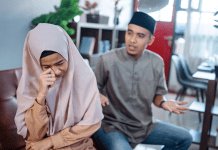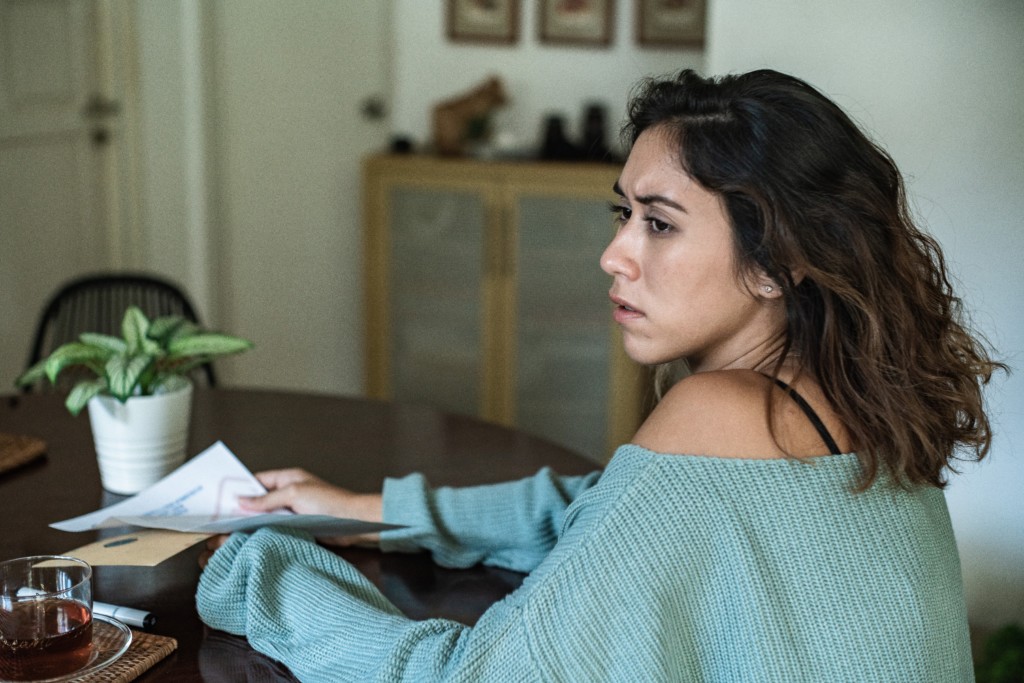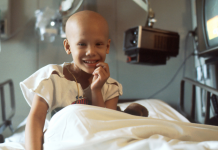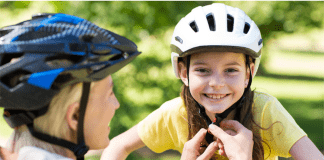This post is part of “Bully No More,” an editorial series hosted by the Fort Worth Moms Blog. Cook Children’s Forest Park sponsored this piece.
Often when we think of bullying, it’s the big kid pushing the little kids around on the playground. In the movies, we love to see the bullied kid “fight back,” but in reality, this is not the best way to take care of bullying. As a parent, you may be at a loss when your kids come home crying after an incident at school, or if we hear that our child was the one making fun of another child with his or her friends. The best way to help our kids who may be the bullied, the bully, or a bystander, is to know the signs of bullying and address them immediately.
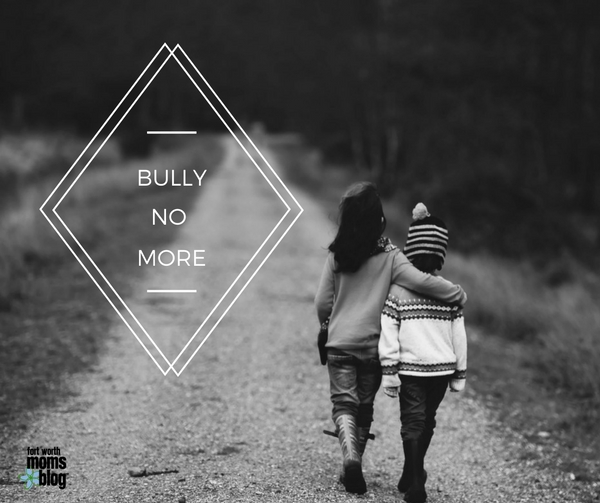
Bullying comes in many forms. It can be physical, verbal, or relational and can occur at school, in the community, or on electronic technology. The actual definition of bullying is any unwanted, aggressive behavior, involving a real or perceived power imbalance, which is repeated, or has the potential to be repeated, over time. This can be excluding someone from a group on purpose, making fun of someone’s appearance, or pushing him or her in the hallway after lunch every day. These things can occur in person, on social media sites, or via text messages. Cyberbullying is rapidly growing, in part because the bullies don’t have to actually face the person they are bullying to see the reaction it causes. This form of communication also allows rumors to spread very rapidly to many more people than would otherwise be involved.
How do you pick up on bullying?
- Have family conversations about school, friends, and activities.
- If your kids have social media, monitor it and have talks about what is posted every week. Most victims of cyberbullying don’t think to tell an adult. They suffer in silence.
- If your child starts to dislike school, riding the bus, or an activity they normally enjoyed in the past, investigate the reasons. These could be signs of bullying, among other things.
So, as a parent, what are the right things to do if you find out your child was somehow involved in bullying?
- Address the behavior immediately. If you learn that your child has been bullied, make sure you let them know it was not their fault, and it is not okay for others to treat them that way. If your child was aggressive with another kid, make sure he or she knows this is not appropriate behavior.
- Make sure teachers or group leaders are aware. Most of the time bullying is not happening when you are present, so other adults need to be involved to stop the behaviors while they are occurring or right after. They also can mediate between the groups of kids and their parents.
- Step in and speak up. If you see bullying in action, separate the kids, and let everyone
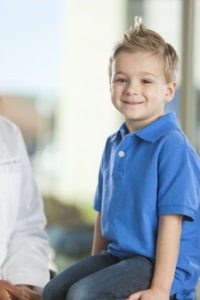 involved (including witnesses) know this behavior is wrong. Make sure everyone is safe. Question each child separately.
involved (including witnesses) know this behavior is wrong. Make sure everyone is safe. Question each child separately. - Talk to your kids. Involve them in coming up with a plan that will make them feel safe. Also, try to keep their normal routine in place, if possible.
It is also important to not only address bullying from the side of the victimized child, but also from the side of the bully. When you are talking to your kids, make sure they are not feeling bullied, but also make sure they are not intentionally or unintentionally bullying others. Sometimes kids bully to “fit in” or because they are dealing with some other major stress in their life. Try to find out the reasons behind the behavior while making sure they know bullying will not be tolerated. Come up with consequences that will encourage them to learn to be a good friend and treat other people with respect. You can also find them an appropriate outlet for “fitting in,” such as a joining a sports team, club, etc.
If it seems like your child is deeply impacted by bullying or other traumatic events, don’t be afraid to involve the school counselor, his or her pediatrician, or a mental health professional to find other ways for your child to cope with any emotional consequences of bullying.
Let’s all work together to help our kids feel safe, and learn to be respectful to one another!
![]()

Dr. Eriel Hayes joined Cook Children’s in 2012. Dr. Hayes grew up in Denton, Texas and attended the University of North Texas for her undergrad. She then attended medical school at the University of Texas Medical Branch in Galveston, Texas and did her internship and residency in pediatrics at UT Southwestern Medical Center in Dallas. She is a member of the American Academy of Pediatrics.
Brad Mercer, M.D.; Audrey Rogers, M.D.; Tom Rogers, Jr., M.D.; and Eriel Hayes, M.D. 3200 Riverfront Drive, Ste. 103; Fort Worth, TX 76107; 817-336-3800 phone; cookchildrensforestpark.com






